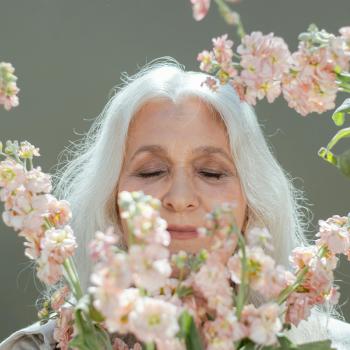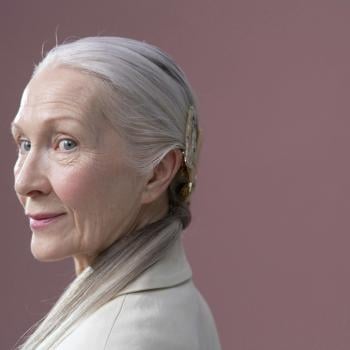
How do you measure the passage of time? For most of us, the primary way is through the annual observance of birthdays. But birthdays aren’t always the best measuring sticks of how little or how far we’ve progressed in our lives.
Age doesn’t measure our level of maturity or our growth as human beings.
Some of us bloom late; I didn’t graduate from college until I was twenty-five. My first management position came at the age of thirty-nine. Others find their lives are marked by unexpected detours, like my nephew who at age thirty upped and moved from Austin to Amsterdam when his wife landed a good gig there. Maybe your life has included similar twists and turns. Often our true potential, the place where our calling and true interests intersect, often don’t surface until later in life.
A few years ago, I wrote about an alternative way to measure time via Thomas Moore and his “7 Stages of Life.” For Moore, these life stages are not about the normal progression of school, family, work and retirement. He points out that for many of us, life doesn’t follow a linear direction. We occasionally bounce back to previous stages as new relationships and careers enter our lives.
Another way to measure time comes from David Brooks.
For Brooks, there are four big commitments most of us make during our lives. in his book The Second Mountain, Brooks points out that these commitments are important because they give us our identity and sense of purpose. They also help build our character, as they strengthen our relationships with others in often challenging ways.
Brooks believes the root of all commitments is love. In his words:
A commitment is a promise made from love, a promise to something without expecting a return. You fall in love with something—a person or a cause or an idea, and if that love is deep enough, you decide to dedicate a significant chunk of your life to it.
For most of us, commitments happen slowly as we determine the people and causes in our lives that are “worthy of all the faithfulness, care, and passion that a commitment entails.” They serve as yardsticks by which we can measure our lives, allowing us to reflect on how far we’ve come or the aspects of our lives that need more attention.
What follows is Brooks’ list, with some elaboration added by me. As you read it, see how many commitments you’ve made and which ones might be part of your future.
The 4 Commitments of Life
- A Commitment to a Vocation. Some people have jobs, but others have vocations. These are jobs where you love what you do and never want to retire from it—because “work” has become an extension of life. As Brooks points out, most people with “vocations” are doing something that involves helping others, often people less fortunate than themselves. It becomes their purpose in life.
- A Commitment to a Spouse and Family. When you live your life as an individual, you come first. Your actions are all related to your own self-interest. But when you commit to a spouse or a family (whatever your definition of family may be), you then focus “not just on receiving, but on giving.” Suddenly, the well-being of others, be it a child, an elderly parent, or a close friend, becomes as important as your own sense of comfort and happiness. You live for others and not just for yourself.
- A Commitment to a Philosophy or Faith. You may already be part of an organized religion or faith. If you are not, and you are reading this now, you probably fall into the biggest religious category of them all, the “spiritual but not religious.” As a charter member of this group, I can’t preach enough about the need for a spiritual framework in your life. This includes a commitment to a regular spiritual practice, as well as the self-knowledge of the parameters and rules you live by to be a good and moral person.
- A Commitment to a Community. This may be the last piece that falls into place. It can be a commitment to helping your town, your neighborhood or the people who live in your apartment building. It can be a commitment to a church or a civic group or a club of like-minded thinkers. It can involve devoting your time to an animal shelter, hospital or nursing home. Again, your presence is beneficial to others.
Brooks reminds us that making a commitment, and sticking to it, is not an easy task. It takes dedication and perseverance, as we deal with the inevitable bumps along the way. In his words:
The process of commitment is similar across all 4 realms. All of them require a vow of dedication, an investment of time and effort, a willingness to close off other options, and the daring to leap headlong down a ski ramp that is steeper and bumpier than it appears.
Yet, when we find commitments we believe in, and take them to heart each day, our lives become a little fuller, a little more meaningful. We have sacrificed our own narrow self-interests for a greater one that enriches the lives of those around us. As we help others, we often find we are also helping ourselves.
How many commitments have you made? Which of the commitments best defines your purpose in life?













